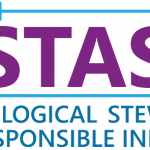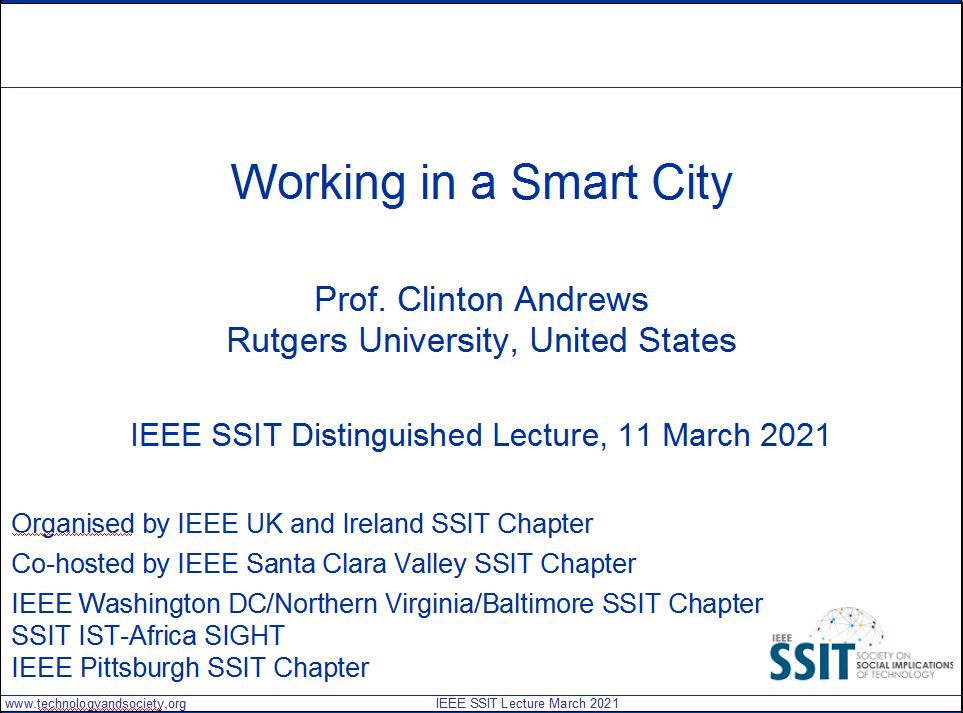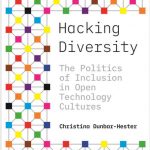This SSIT Guest Lecture was presented by Miriam Cunningham, IST-Africa Institute, Ireland at a Joint Chapter Meeting organised by IEEE… Read More



This SSIT Guest Lecture was presented by Miriam Cunningham, IST-Africa Institute, Ireland at a Joint Chapter Meeting organised by IEEE… Read More

Few people would celebrate modern infrastructure networks as magnificent beacons of our civilization: our powerlines and pipelines are drab, unsightly intrusions on the landscape. Reflecting on this, the philosopher Alain de Botton points out the Roman aqueduct at Pont Du Gard in Southern France, which is now a famous tourist attraction even though it was built for the dull task of supplying municipal water. Wisely, the Romans built it, and many others, for both beauty and function, brightening citizens’ views while slaking their thirst. Indeed, so lovely is the Roman aqueduct of Segovia that it is featured in the emblem of that province.

This SSIT Guest Lecture on “The Great Reset: Pandemic, Society and IEEE SSIT” was presented by Mr. Satish Babu, President… Read More

Access Volume 2, Issue 2, 2021 – Special Issue on Socio-Technical Design for Public Interest Technology Current Issue (2, 2) Front… Read More

Arizona continues to build, build, build, and instead of requiring new residents to adapt to the climate, city governments and developers market the very bad idea that the desert can be made green, and thus more desirable.

Unintended consequences of technological development matter in practice and thus are not just of academic interest. SSIT would do well to spark constructive and practical discussion about managing unintended consequences.

This SSIT Guest Lecture was presented by Ning Wang, IBME, University of Zurich, Switzerland at a Joint Chapter Meeting organised… Read More

IEEE GHTC 2021 invites submission of full papers and short papers by secondary deadline of 02 July. We would like… Read More

The 21st Century Norbert Wiener Conference with the theme: “Being Human in a Global Village” is the third in a series of conferences initiated by the IEEE Society on Social Implications of Technology (SSIT), following events in Boston (2014) and Melbourne (2016).

Just as the “autonomous” in lethal autonomous weapons allows the military to dissemble over responsibility for their effects, there are civilian companies leveraging “AI” to exert control without responsibility.
And so we arrive at “trustworthy AI” because, of course, we are building systems that people should trust and if they don’t it’s their fault, so how can we make them do that, right? Or, we’ve built this amazing “AI” system that can drive your car for you but don’t blame us when it crashes because you should have been paying attention. Or, we built it, sure, but then it learned stuff and it’s not under our control anymore—the world is a complex place.

ISTAS 2021 will be jointly hosted by the University of Waterloo and the University of Guelph (Ontario, Canada) in October 28-31, 2021. Submission Deadline July 13, 2021

The COVID-19 pandemic has exposed and exacerbated existing global inequalities. Whether at the local, national, or international scale, the gap between the privileged and the vulnerable is growing wider, resulting in a broad increase in inequality across all dimensions of society. The disease has strained health systems, social support programs, and the economy as a whole, drawing an ever-widening distinction between those with access to treatment, services, and job opportunities and those without.

This SSIT Distinguished Lecture was presented by Prof. Clinton Andrews, Rutgers University, US at a Joint Chapter Meeting organised by… Read More

We celebrated AI for mental health equity when access is augmented for marginalized populations. We applauded AI as a complement to current services; practitioners would be less overtaxed and more productive, thereby serving vulnerable populations better.

The public’s faith in science and technology has never been higher. Computer “apps” that explore things such as the frequency of, and point of origin of, COVID-related Google search terms, and Twitter posts, are being used to trace the progress of the virus and to predict the sites of further outbreaks. The United States has been roiled by the death, at the hands of the police, of George Floyd. Floyd’s killing was captured by an app that has been circulating throughout the globe that has acquired the near iconic power of the crucifixion. With the majority of the American people equipped to make audio–visual recording of police brutality and post them on social media, we expect that crimes such as this will certainly diminish.

https://21stcenturywiener.org/ 22-25 July 2021, Chennai, INDIA N R Narayana Murthy to present Opening Speech on 22 July 2021. Infosys co-founder… Read More

Open technology communities are loosely organized, volunteer, online groups, focused on development and distribution of open or free software and hardware. “Hacking Diversity:The Politics of Inclusion in Open Technology Cultures” is a study of the efforts of open technology communities to “hack” the issues around the lack of diversity that pervades not only their volunteer communities, but also their related disciplines at large.

Introduction In 2019, IEEE Working Group P7014 began efforts to develop a ‘Standard for Ethical Considerations in Emulated Empathy in… Read More

There is huge potential for artificial intelligence (AI) to bring massive benefits to under-served populations, advancing equal access to public services such as health, education, social assistance, or public transportation, AI can also drive inequality, concentrating wealth, resources, and decision-making power in the hands of a few countries, companies, or citizens. Artificial intelligence for equity (AI4Eq) calls upon academics, AI developers, civil society, and government policy-makers to work collaboratively toward a technological transformation that increases the benefits to society, reduces inequality, and aims to leave no one behind.

Over the years IEEE Organisational Units (OUs) have been endeavoring to increase gender diversity of speakers in panels at IEEE… Read More